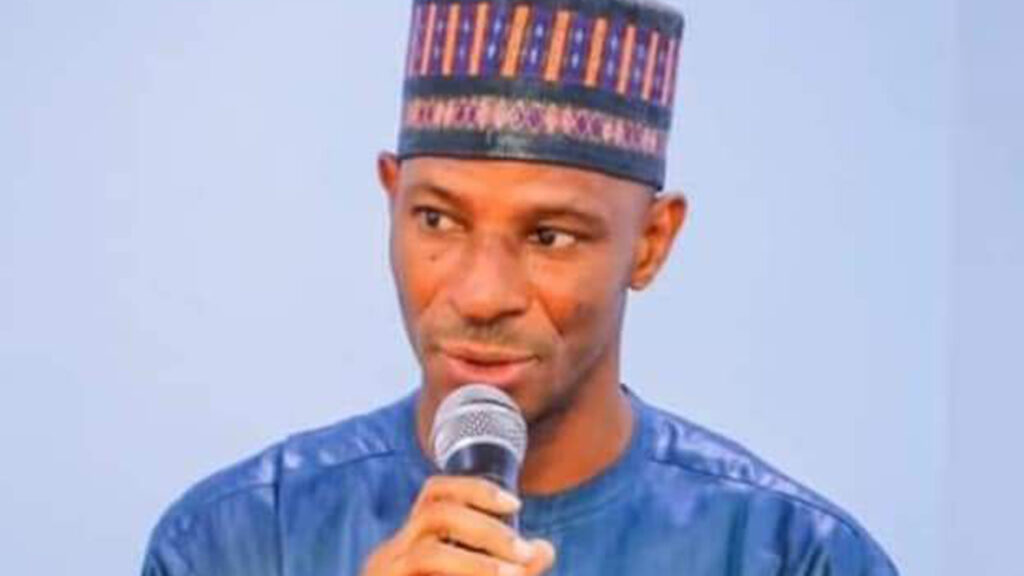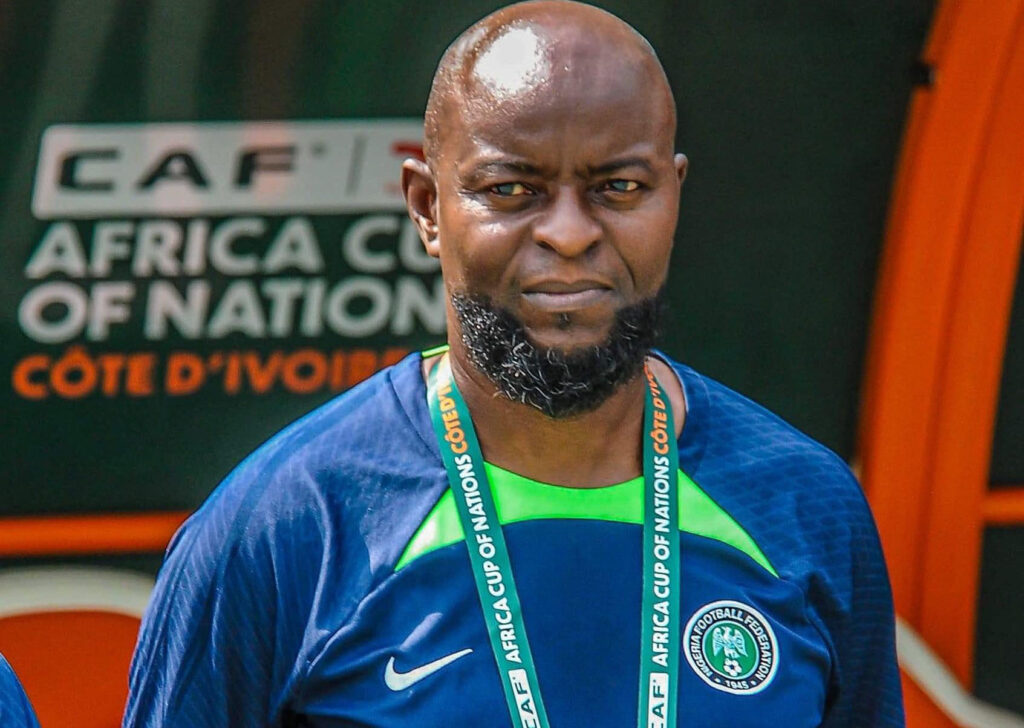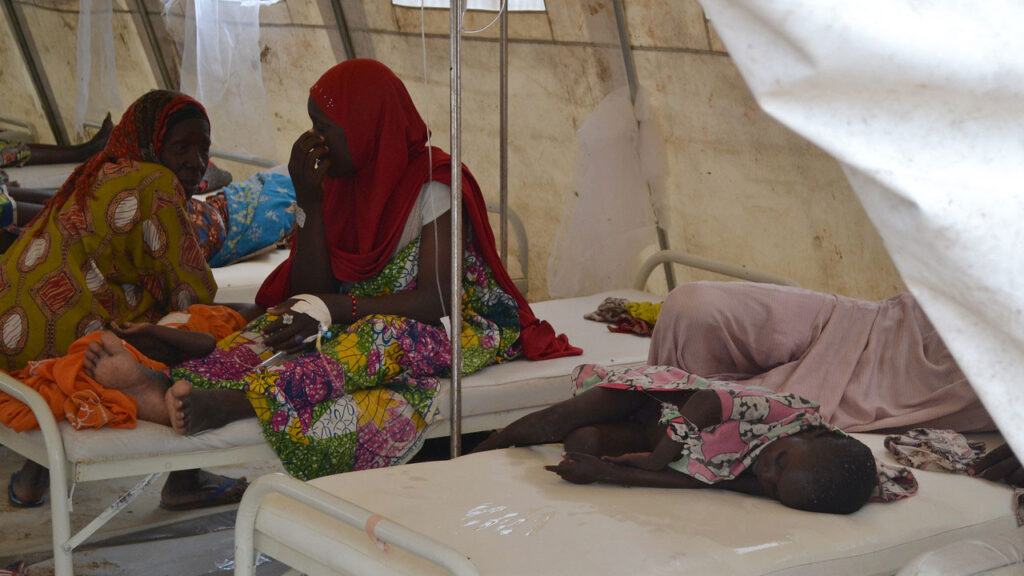
TO the eternal embarrassment of this nation, today marks the end of one whole year since the shocking abduction of 276 girls of the Government Day Secondary School in Chibok, Borno State, by members of the murderous terrorist group, Boko Haram.
For all of humanity, the past one year has been harrowing.
For Nigerians and especially, the girls’ parents or families, those certainly have been 365 days of untold anguish. It is a pain that however, must be brought to a closure by finding the girls and returning them to their homes.
The teenage girls, who had been called in to write their final Secondary School Certificate Examinations, were attacked in their hostels on the night of April 14 by Boko Haram militants pretending to be guards.
The disguised militants convinced the girls to come with them, and later took them away in trucks to unknown location or locations from where the girls have not returned to this day.
The immediate aftermath of that unfortunate incident, typified by government’s indecision, conflicting news reports and bureaucratic vacillation created a public anxiety of devastating proportion.
So worrisome was the situation that three weeks after the abduction, Nigerians were at a loss about the state of the girls.
Despite the apprehension and fear of parents and well-wishers, the news of the missing girls was dwarfed by a plethora of routine government activities, prompting many to raise questions. Was the government genuinely interested in the plight of the girls, their parents and well-wishers? Are Nigerian leaders so emotionally disconnected from the predicament of these girls that they could not even feign concern? How would a President, Vice president, Senate president, any governor, legislator and a Minister react if their own daughters were so abducted?
This anxiety and creeping hopelessness continued for days until the voice of the people triggered a groundswell of reactions that resonated the world over, with the ‘Bring Back Our Girls’ mobilization campaign.
Thanks to the relentless commitment of Nigerian women and men as well as other influential leaders around the world, who mobilized people to consistently and tenaciously protest the scandalous inattention to the girls’ plight with the #BringBackOurGirls hash tag, the world has come to appreciate the gravity of that senseless assault on Nigeria and on humanity.
Despite the massive global outcry, there was a scandalous denial on the part of Nigerian government officials, an ominous silence from religious leaders, and an image problem for President Goodluck Jonathan. With the diminishing public image of the president over the incident, his wife the First Lady, Mrs. Patience Jonathan, who had suggested that the abduction reports were faked by Boko Haram supporters in government to discredit her husband, decided to deal with the matter in a town hall meeting with parents of the abducted girls.
However, the drama that followed in the town hall meeting became a comedy of errors. To make matters worse, all calls on the President to make the symbolic gesture of empathy by visiting Chibok and giving words of consolation to the families fell on deaf ears.
So badly handled was the management of the crisis that a report by Human Rights Watch stated that: “…the Nigerian government has failed to adequately protect women and girls from a myriad of abuses, provide them with effective support and mental health and medical care after captivity, ensure access to safe schools, or investigate and prosecute those responsible for the abuses.”
By any streak of the imagination, this cowardly kidnap, with the tardiness surrounding the whereabouts of these girls, is one of the most odious image-battering events in Nigeria’s recent history. It is another open sore on the African continent. With its indelible imprint of guilt on the national psyche, the memory of Chibok should spur an examination of conscience in every concerned person.
Whatever reasons the Boko Haram insurgents have adduced as justification for the actions against the Chibok Girls or any other abducted woman or girl-child, they are dead wrong on all fronts.
In their sadistic fury towards life, property and civility and their deranged mentality to pursue an ideology, the insurgents foreclose common sense avenues to rational engagement. Unmindful of the memorable and edifying history of their professed faith, Boko Haram insurgents engage in acts which are antithetical to established practices of a great religion. If in their warped minds, women have no other value to humanity beside being traded as sex-slaves, if girls have no business going to school, Boko Haram adherents do not understand let alone appreciate the intellectual heritage of the Islamic religion which harbours, for instance, the illustrious contributions of 19th century female Islamic erudite scholar, Nana Asma’u, the daughter of Usman Dan Fodio and grand relative of the present Sultan of Sokoto, who flourished as a prolific poet, scholar and an illustrious luminary of the education of Muslim women.
Sadly, however, instead of a cohesiveness necessary for nation-building, a certainly dangerous trend has now emerged over the abduction of those girls: erasure of memory. Or, an emerging ‘unshockability’ and desensitization of Nigerians to distant suffering.
A familiarity with suffering, pain and bad fortune seems to have created a disposition of ‘unfeelingness’ in the public.
Perhaps, this may be due to the absence of proximity. Chibok is far, remote and removed from the hustle and bustle of the cities and the cosmopolitan areas. It is therefore now a situation of ‘they’ and ‘us’; “their” problem is not “our” problem. This is sad.
The gradual erasure of the plight of these girls from the collective memory of most Nigerians, and the systematic politics of denial it portends, are a classic demonstration of a weakening sense of fellow-feeling.
That Nigerians are glossing over this situation amidst the pomp and opulence of electioneering and a new government, is an uncomplimentary tale of the levity with which we treat the security of citizens. By creating a distance from the Chibok girls, Nigerians are gradually entrenching an impersonal, anonymous, broken relationship between the girls and the public domain.
Like a lingering, tiresome bad dream refusing to fade away, the ‘mystery’ around the abducted girls has distorted memories, stirred the world’s sympathy, re-opened wounds of despair and haunted passions.
And as if fated to the dictates of political chess game, Chibok is gradually paling into its original remoteness whence it came. But at a time like this, when Nigerians have asked for and got change, this denial needs not continue.
Nigerians should change from apathy to continually living in painful remembrance of the girls, and cause their consciences to prick them until personal commitment and official action cause the girls to be found.
For the fact that the Chibok girls are human beings, especially Nigeria’s daughters, their continued disappearance and unknown circumstances also mirror the possibility of any Nigerian child being in that situation. This being the case, the painful suspense of their condition should worry all; their unexplainable absence should trouble all, and the pain and unimaginable sorrow of their parents and family members should feel all with anguish.
That the government and authorities are, as of yet, incapacitated and clueless about their state, should frighten all. And if the Nigerian government or any public official is privy to the situation of the Chibok girls and is keeping mum, Nigerians should feel betrayed and used by such.
As a year ends today since the abduction, Nigerians should keep the Chibok Girls alive in their memories by insisting that the girls must be found and brought back home. That is the only way Nigerians will know they have a nation that cares.











